Donald Trump accused of suppressing coal health risks
Scientists warn that ideology could soon trump hard evidence in the US government
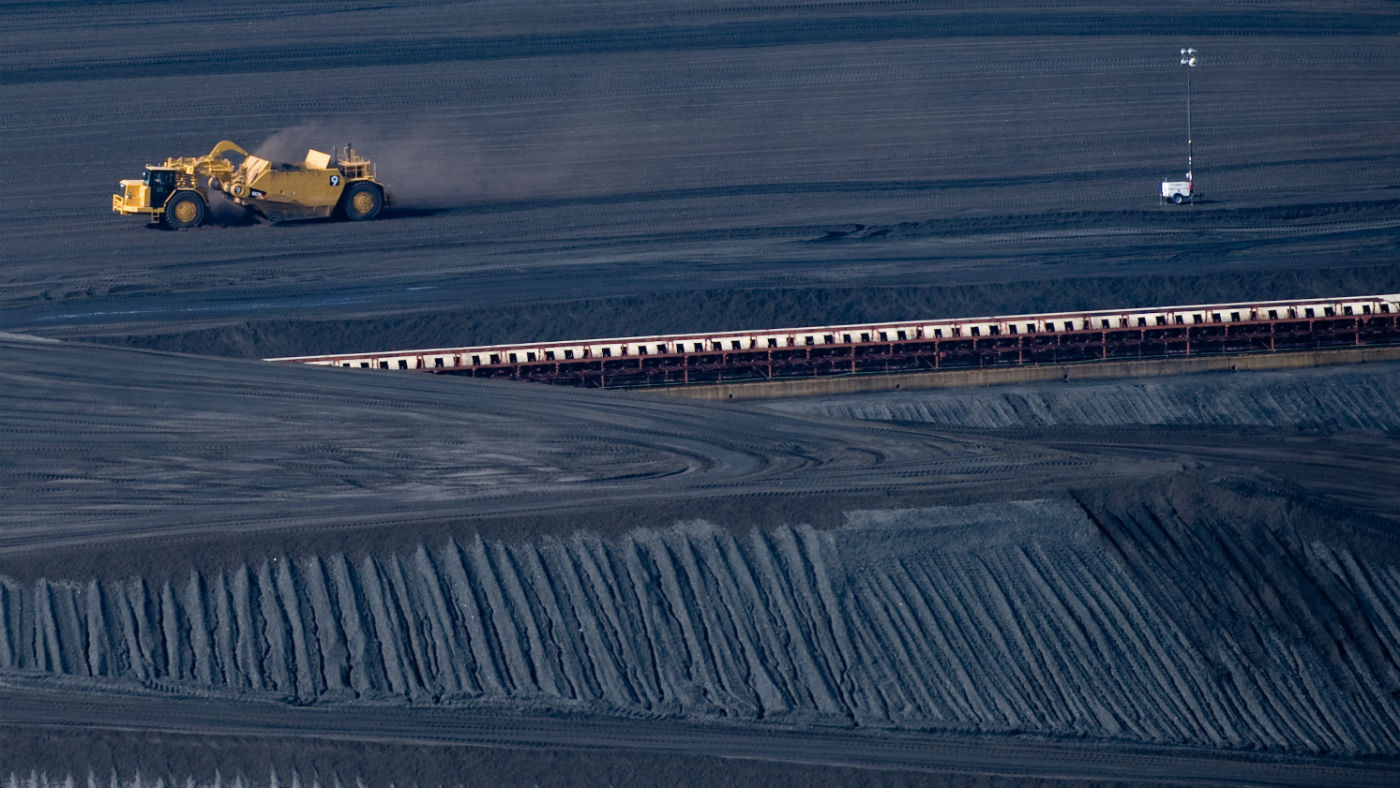
A free daily email with the biggest news stories of the day – and the best features from TheWeek.com
You are now subscribed
Your newsletter sign-up was successful
One of the world's leading scientific journals has accused Donald Trump of suppressing a major report on the health risks of coal mining.
A $1m study by the US National Academies of Science, Engineering and Medicine of the health effects of so-called "mountain-top removal" coal mining, in which the surface of the land is scraped away, was cancelled by the Department of the Interior.
An editorial in the highly-respected journal Nature questioned the reasoning for the decision, saying the Trump administration might seek to cancel other research it does not like.
The Week
Escape your echo chamber. Get the facts behind the news, plus analysis from multiple perspectives.

Sign up for The Week's Free Newsletters
From our morning news briefing to a weekly Good News Newsletter, get the best of The Week delivered directly to your inbox.
From our morning news briefing to a weekly Good News Newsletter, get the best of The Week delivered directly to your inbox.
"The DoI's assertion that the decision is a budgetary one is suspect, especially given that the study has already spent a good amount of its budget," the article said. "It seems, instead, that the government would rather quash the review than risk it producing results that cast aspersions on the coal industry."
Trump made reviving America's ailing coal industry one of his central campaign pledges in a bid to return economic growth to the rust-belt region, whose states were crucial to him getting elected.
However, his stance on climate change, which he has called a "hoax", and environmental protections has put him on a collision course with green activists and scientists.
At the annual meeting of the American Association for the Advancement of Science in Boston in February, chief executive Dr Rush Holt expressed fears that ideology would become more important than evidence under a Trump Presidency.
A free daily email with the biggest news stories of the day – and the best features from TheWeek.com
Raising comparisons with the Soviet Union, "where scientists were led to believe things that just weren't so for political reasons", he warned that "when officials use the phrase 'alternative facts' without embarrassment, we know there's a problem".
-
 The Olympic timekeepers keeping the Games on track
The Olympic timekeepers keeping the Games on trackUnder the Radar Swiss watchmaking giant Omega has been at the finish line of every Olympic Games for nearly 100 years
-
 Will increasing tensions with Iran boil over into war?
Will increasing tensions with Iran boil over into war?Today’s Big Question President Donald Trump has recently been threatening the country
-
 Corruption: The spy sheikh and the president
Corruption: The spy sheikh and the presidentFeature Trump is at the center of another scandal
-
 The revived plan for Trump's border wall could cause problems for wildlife
The revived plan for Trump's border wall could cause problems for wildlifeThe Explainer The proposed section of wall would be in a remote stretch of Arizona
-
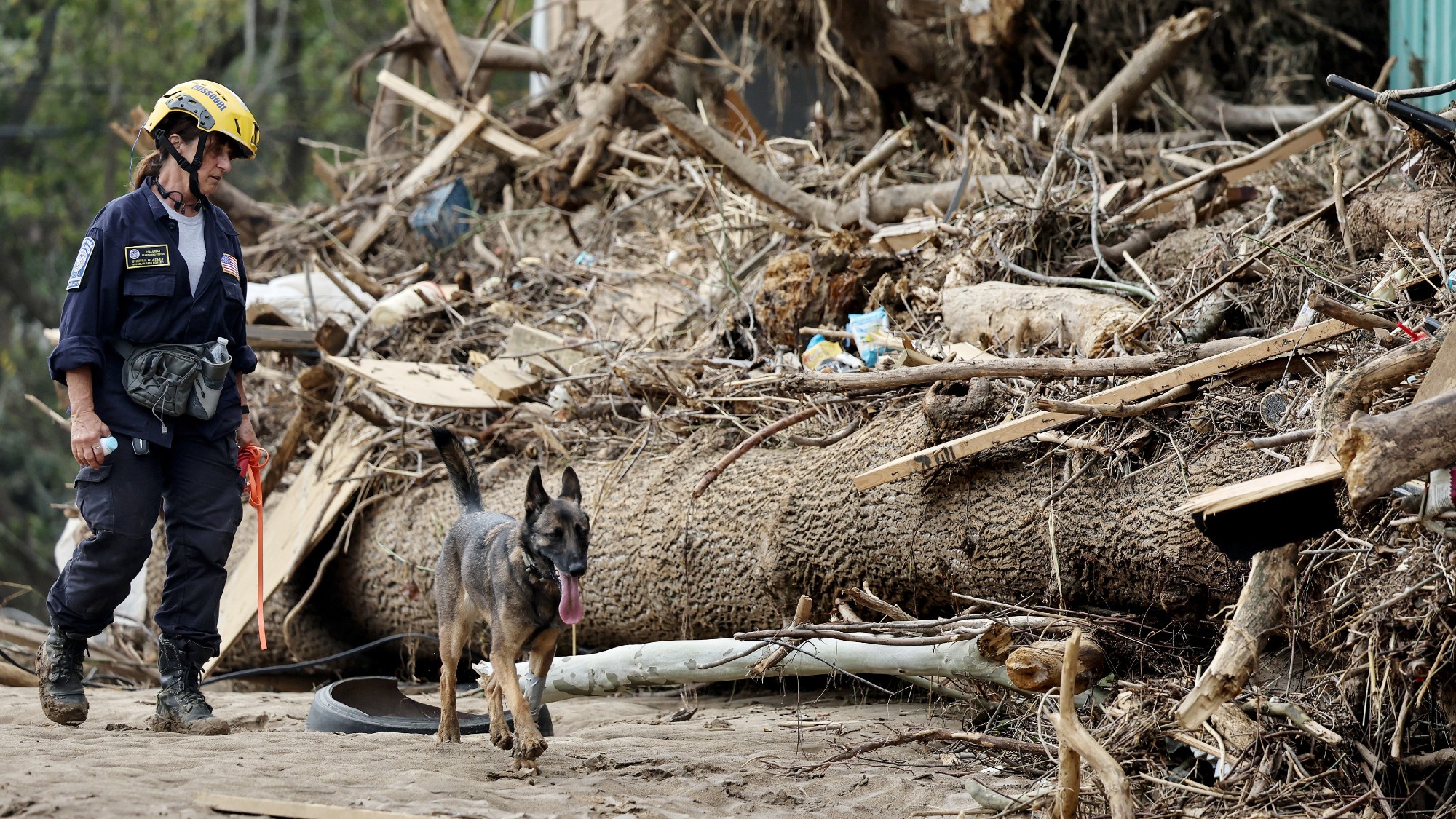 Storm warning: Will a shrunken FEMA and NOAA be able to respond?
Storm warning: Will a shrunken FEMA and NOAA be able to respond?Feature The U.S. is headed for an intense hurricane season. Will a shrunken FEMA and NOAA be able to respond?
-
 What are Trump's plans for the climate?
What are Trump's plans for the climate?Today's big question Trump's America may be a lot less green
-
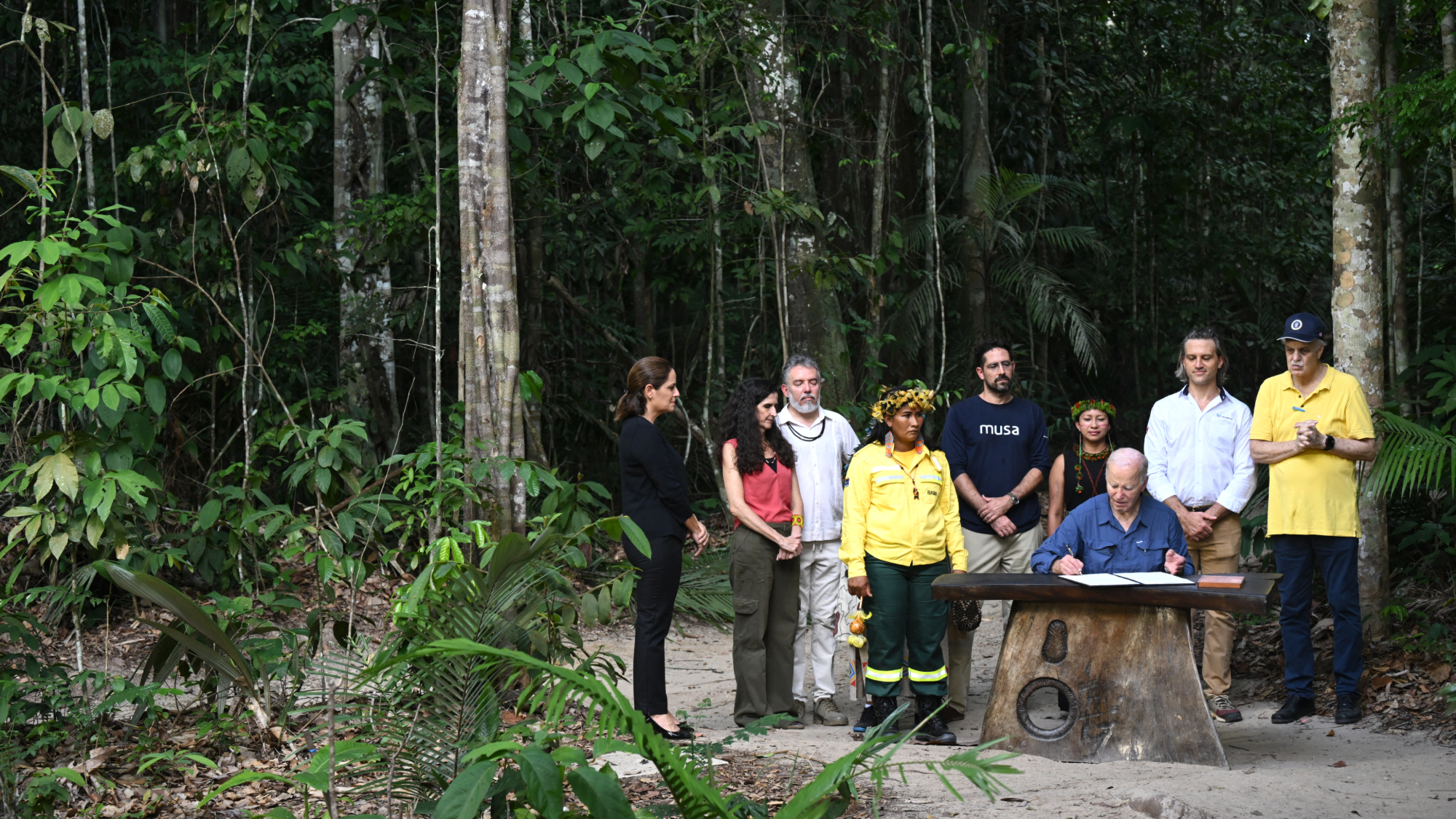 Biden visits Amazon, says climate legacy irreversible
Biden visits Amazon, says climate legacy irreversibleSpeed Read Nobody can reverse America's 'clean energy revolution,' said the president, despite the incoming Trump administration's promises to dismantle climate policies
-
 Is Cop29 a 'waste of time'?
Is Cop29 a 'waste of time'?Today's Big Question World leaders stay away as spectre of Donald Trump haunts flagship UN climate summit
-
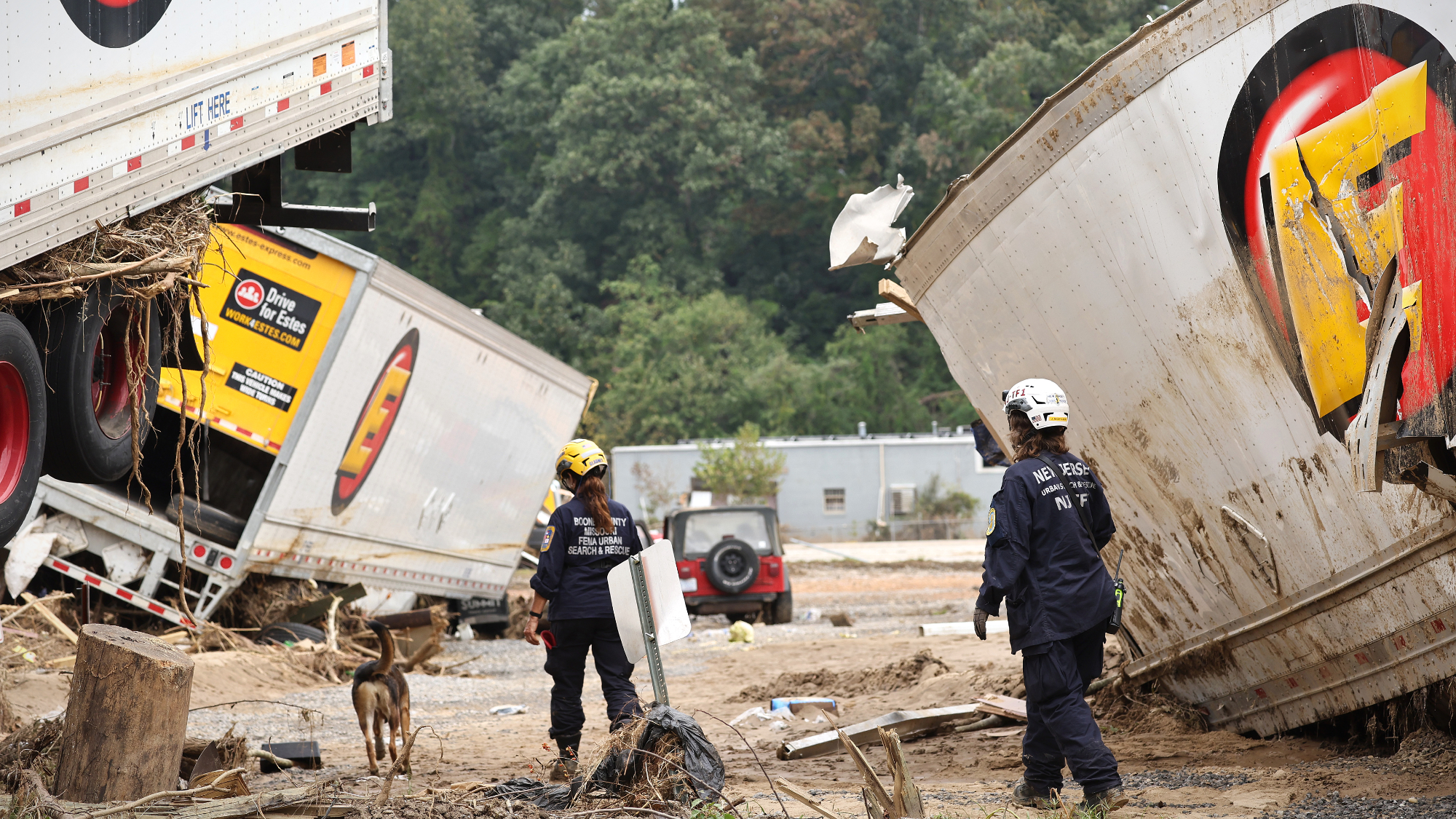 Florida braces for Milton as FEMA tackles Helene, lies
Florida braces for Milton as FEMA tackles Helene, liesSpeed Read A flurry of misinformation has been spread about the federal response to Hurricane Helene
-
 Shell’s North Sea oil U-turn: ‘a first victory in a longer war’?
Shell’s North Sea oil U-turn: ‘a first victory in a longer war’?Speed Read Controversy after oil giant pulls out of proposed Cambo project
-
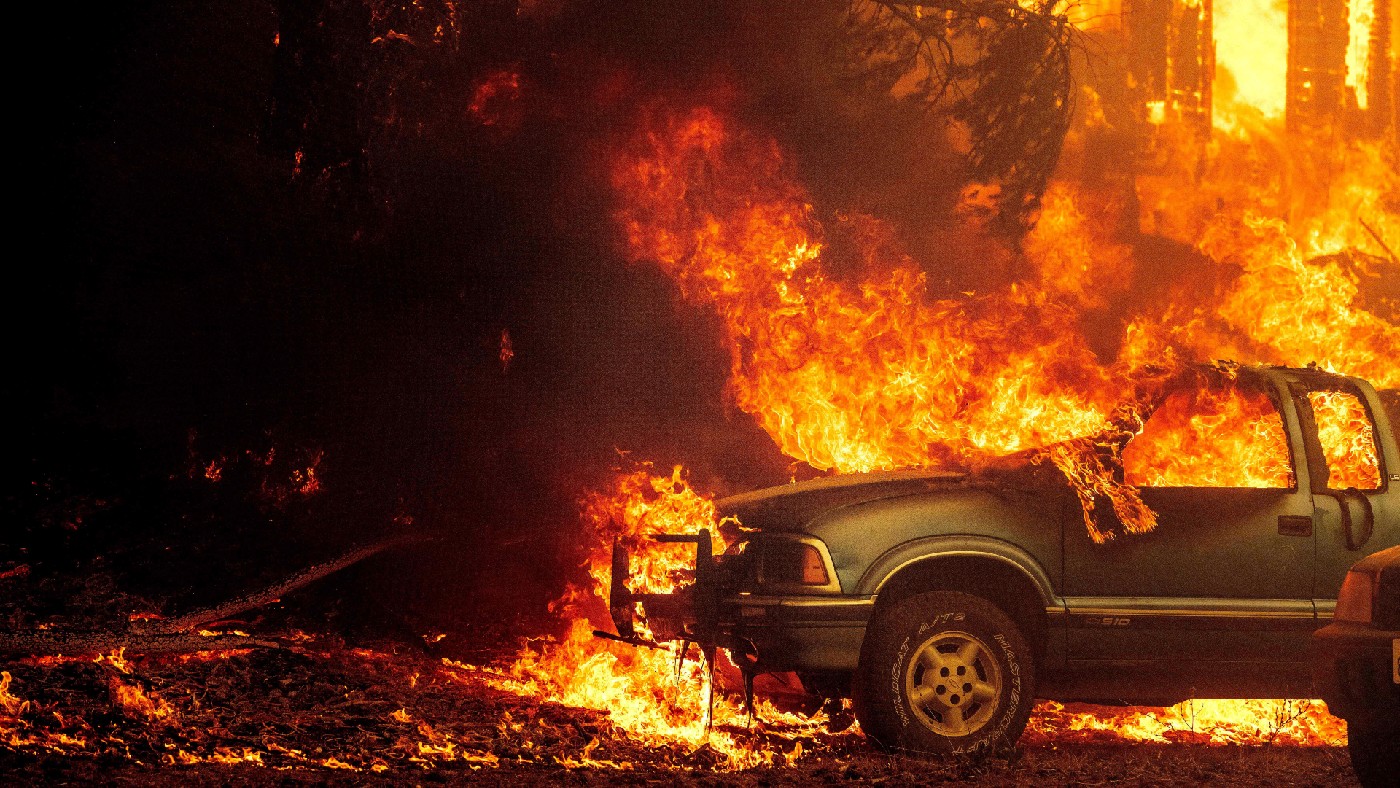 Fires, floods and storms: America’s ‘permanent emergency’ has begun
Fires, floods and storms: America’s ‘permanent emergency’ has begunSpeed Read This summer of climate horror feels like the ‘first, vertiginous 15 minutes of a disaster movie’, says The New York Times